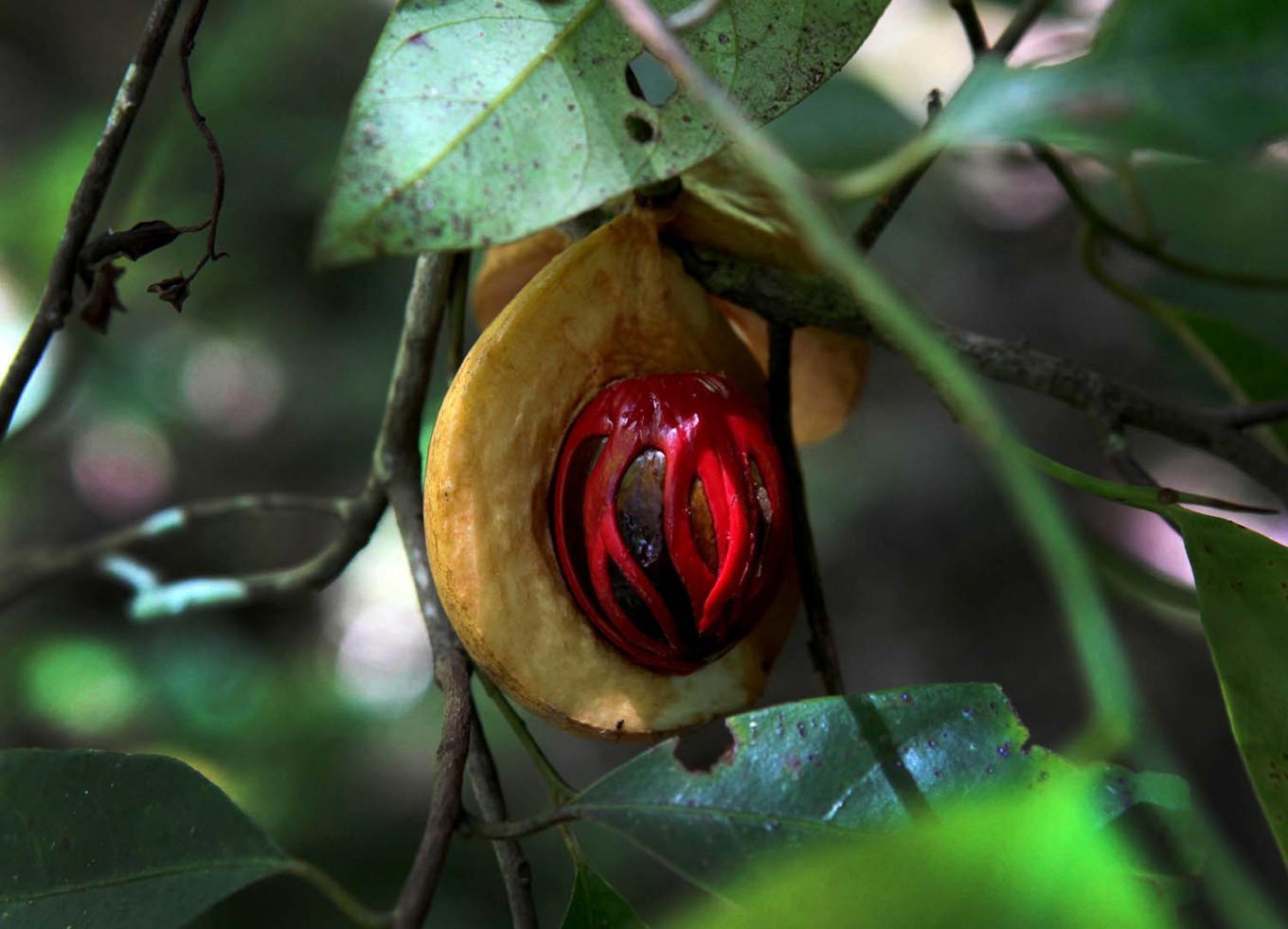New platform aids sustainable spice exports from RI to EU
A new platform that promises more sustainable and better ways to produce and distribute Indonesian spices was introduced on Thursday by Netherlands-based global foundation IDH-Sustainable Trade Initiative.
Change Size

A
new platform that promises more sustainable and better ways to produce and distribute Indonesian spices was introduced on Thursday by Netherlands-based global foundation IDH-Sustainable Trade Initiative, which brings together companies and governments to drive new sustainable production and trade models in emerging economies.
Previously, two similar local platforms to increase the volume and value of spice exports was introduced in India and Vietnam.
The Indonesian platform, called Sustainable Spices Initiative Indonesia (SSI Indonesia), aims to boost spice agriculture and distribution with strategic collaboration among stakeholders, especially for the European market, which accounts for 34 percent of global spice imports.
“We expect that this platform to encourage more initiatives that will contribute to [growth] in the food and agriculture sector [...],” Mushdhalifah Machmud, undersecretary for food and agriculture at the Office of the Coordinating Economic Minister, said at the launch event last week, expressing the ministry’s support for the initiative.
“[This] is especially aimed at empowering small-scale farmers and improve access to market, which will have a positive impact on farmers and the environment.”
Mushdhalifah said global demand for spices had been rising during the COVID-19 pandemic, most probably because many people had turned to the herbs and spices for their supposed properties to strengthen the immune system and keep diseases at bay. The market prospect was worth keeping an eye on, she said.
Indonesia exported spices worth US$218 million from January to April 2020, which marked a 19.28 percent increase from the same period in 2019, according to data from the Office of the Coordinating Economic Minister. Indonesia is one of the biggest spice exporters to the European Union, besides China, India and Brazil.
Imports to the EU were projected to quintuple by 2050, Musdhalifah said.
Read also: Companies cofinance sustainable agriculture to keep forests green
One of the Indonesian export commodities to be prioritized is nutmeg. Despite large demand from the EU market, Indonesian nutmeg is often rejected in the EU as the spice is often ridden with fungal contamination of aflatoxin.
"Our nutmeg facing border rejections for exceeding the EU’s aflatoxin limits. Even though we already have to show a health certificate, which includes the aflatoxin level, when we first ship [the nutmeg]," said the Agriculture Ministry’s director for plantation marketing and processing, Dedi Junaedi.
The Agriculture Ministry also supports the new platform and signed on March 23 a memorandum of understanding with SSI Indonesia on the sustainable development of spices and herbs to support exports.
The SSI Indonesia platform aims to facilitate collaboration between stakeholders, ranging from small-scale farmers to international traders, to create solutions to the lurking problems in the spice sector in Indonesia, such as climate change, bad practices in spice cultivation and the dynamics of the global market.
Read also: Remapping the spice route: Understanding the history of Indonesian flavors
Poor agricultural practices, lack of adequate processing facilities and growers switching to high-value crops or jobs have caused concerns around spice production, especially in terms of future supply, food safety and traceability. The sector also deals with sustainability issues, such as uncontrolled pesticide use, poor wastewater management and deplorable labor conditions.
“Solutions to the problems, such as farmers welfare, climate change and agricultural practice improvement, should be found together. The spice business will succeed when it is done inclusively,” SSI global chairman Alfons van Gulick said.
“SSI Indonesia wants the spice sector to give sustainable benefits to society and the environment. This is in line with the UN’s Sustainable Development Goals,” said van Gulick, who is also the managing director of Netherland-based group of spice trading companies Nedspice.
SSI global was founded in 2012 by international organization Sustainable Trade Initiative (IDH), which focuses on sustainable trade in global value chains in cooperation with businesses, financiers, governments and civil society. Besides spices, IDH’s projects in Indonesia’s sustainable agriculture and trade include commodities such as coffee, cocoa, pulp and paper, tropical timber and aquaculture.









